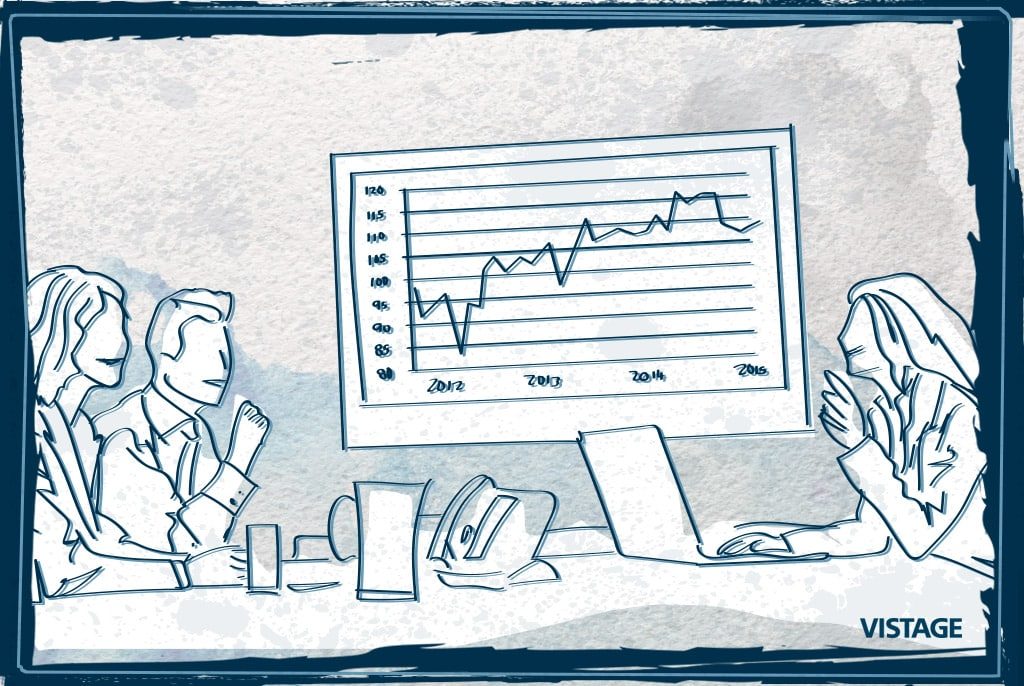Milken Global Conference: Pre-Election Growing Pains, Don’t Buy a House

LOS ANGELES – I didn’t want to start my first morning at the 2012 Milken Global Conference listening to economists talk about the anemic U.S. recovery – but there’s no escaping it, is there?
And make no mistake, listening to the panelists speak at the 8 am PT session, “Where Will Economic Growth Come From?” moderated by CNBC anchor Maria Bartiromo – I was very interested to hear the answer to that question.
But, make no mistake – no one on this panel agreed with each other on what the answer was or what the timeline for the economic recovery would be.
They did agree that while economic growth in the U.S. so far has been meager based upon history, when you look at expectations coming out of the financial meltdown, the recovery so far has been not so bad.
When it came to projecting U.S. growth into the next year, CME Group Chairman Terry Duffy put it well:
“The economy is not going to do a thing until after this election,” Duffy said. “After November, it will move in wildly different directions.”
The other panelists largely agreed that, with the wildly different economic views between Barrack Obama and Mitt Romney, the U.S. markets are largely taking a deep breath – trying to discern “what’s next?”
Homeownership: Not for the Savvy Investor?
Breaking down the economic recovery and where the country stands right now, the panel shared the usual eye-bulging, pit-in-your-stomach numbers: 11 million U.S. homes are underwater, 2.5 million U.S. homes are facing foreclosure.
Citigroup Chief Economist Willem Buiter explained that what the U.S. is stuck with is a misallocation of fixed capital in the residential sector and the U.S. has just got to pull itself out – Duffy said that there are some positive signs with the U.S. government becoming more disciplined and showing more transparency.
But some the underlying problems that led to the housing meltdown are still there.
The average American is “not sophisticated enough to invest in a diverse portfolio and see their homes as their primary investment,” Duffy said.
What led to the financial meltdown was the U.S. government lending money to “anyone with a pulse, not anybody with a job,” he said.
The panelists’ investment advice was simple: Don’t own your own home!
“It violates every solid principle of investing to own your own home,” Buiter said.
Ending on a High or Low Note? Let’s Try a Little of Both …
The topic of financial growth in the U.S. seemed to follow me out of the morning session – and chased me around the conference all day like a dog nipping at my heels.
After lunch, I managed to catch some of a panel on “Global Overview: Shifting Fortunes” that included Starwood Capital Group CEO Barry Sternlight. His outlook for the U.S. in the near future was pretty much bleak, bleak, bleak.
“You cannot count on the U.S. for steady growth in the near future,” he said – citing the enormous U.S. reliance on foreign capital and other factors like the federal sector shedding jobs.
After he made his passionate warning, he might have felt the gloom cast a pall over the audience (like the air that’s just rushed out of a balloon) – because he shifted and left the crowd on little bit more positive note.
“We’re an optimistic nation, we like to believe that things will be better tomorrow than they are today, and that’s still intact,” he said.
“We are a nation that, if left to our own devices … we do great.”
Category: Economic / Future Trends
Tags: finance, Housing Market, investing, Milken Conference

